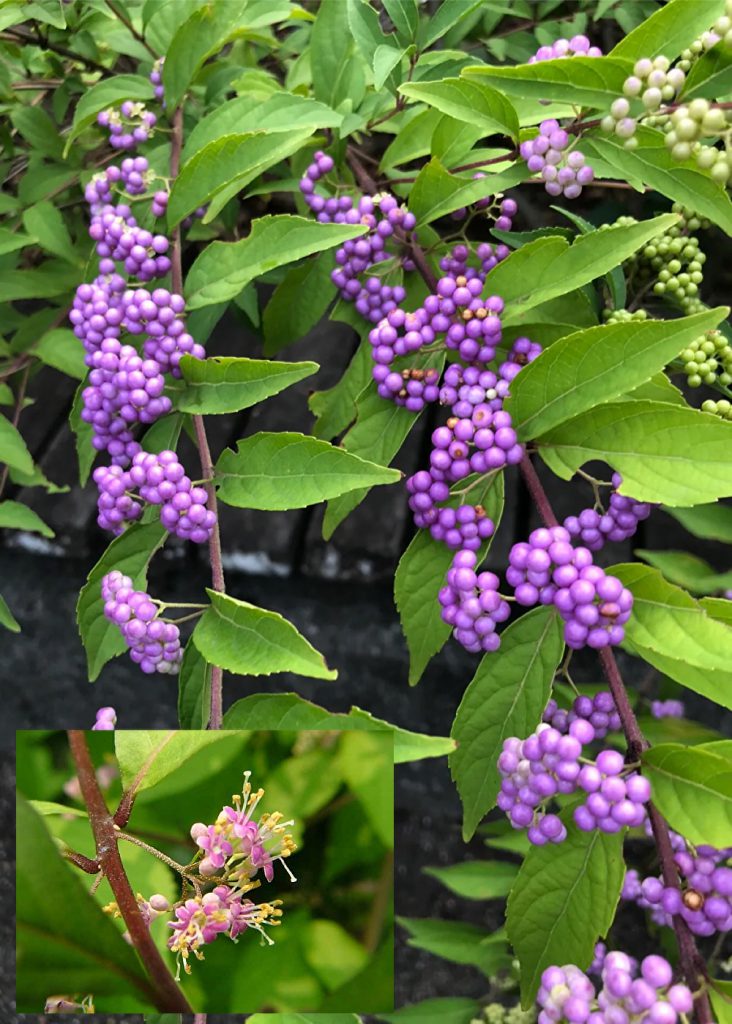
After Murasaki Shikibu, who serves Michinaga’s daughter Shoushi Empress, saw off the monks who had finished praying for a safe delivery, and is looking at the garden wet with morning dew. At that time, Akiko’s father, Michinaga, presents Ominaeshi flower to Murasaki Shikibu in the garden as she passes by. Murasaki’s heart of a single mother who has passed thirty and still has a young child is shaken. She sings to Michinaga, saying, “In spite of the fact that the morning dew has given the flower itself more beauty, It is sad that the same morning dew does not give me grace”. As a return song, Michinaga replies, “Morning dew does not discriminate between you and Ominaeshi. Morning dew dyes you in a beautiful color by your heart trying yourself to be beautiful. It’s up to you”. Michinaga is 43 years old at that time. In this era, both Murasaki and Michinaga are elderly men and women, but they have not been quiet yet. I have something to be unfailingly interested in exchanging love songs between the most powerful person representing the Heian period and the literary person representing Japan.
道長の娘中宮彰子仕える紫式部は、安産祈願を終えた僧侶達を見送り、朝露にぬれた庭を眺めています。その時彰子の父親の道長が通りすがりに庭の女郎花を紫式部に差し出します。三十を過ぎてまだ幼な子を抱えるシングルマザーの紫の心が揺れないはずがありません。「女郎花 盛りの色を見るからに 露のわきける 身こそ知らるれ」と道長に歌を送ります。返歌として道長は「白露は わきてもおかじ 女郎花 心からにや 色の染むらむ」と返します。道長、この時四三歳。この時代、紫も道長も初老の男女とはいえ、まだまだ枯れてはいません。平安時代を代表する最高権力者と日本を代表する文学者の恋歌の遣り取りに興味尽きないものがあります。
